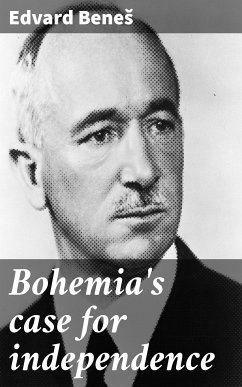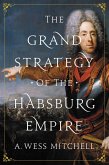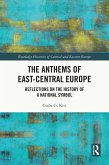In "Bohemia's Case for Independence," Edvard Bene~° presents a compelling argument for the self-determination of the Czech nation during the turbulent period leading up to World War I. Written with a piercing clarity and an urgent tone, the book articulates the historical, cultural, and political contexts of Bohemia's struggle against Austro-Hungarian dominance. Bene~° employs a blend of persuasive rhetoric and analytical discourse, drawing upon historical precedents and national narratives to advocate for citizenship and constitutional rights, thus situating his work within the broader discourse of European nationalism at the turn of the 20th century. As a prominent Czech diplomat and politician, Bene~° was deeply influenced by his experiences in both domestic and international politics. His tenure as a key figure in the Czechoslovak national movement provided him with unique insights into the plight of his people, and his subsequent role in shaping Czechoslovakia's post-war identity underscores the urgency behind his advocacy for independence. Bene~°'s commitment to democracy and self-governance resonates throughout the text, revealing his dedication to a just and equitable future for his nation. For readers interested in the intersections of nationalism, history, and political theory, "Bohemia's Case for Independence" serves as a crucial primary source, illuminating the struggles of a nation yearning for autonomy. Bene~°'s eloquent and impassioned defense offers both historical context and visionary foresight, making it a must-read for scholars and general readers alike who wish to understand the complexities of Central European nationalism.
Dieser Download kann aus rechtlichen Gründen nur mit Rechnungsadresse in A, B, BG, CY, CZ, D, DK, EW, FIN, F, GR, H, IRL, I, LT, L, LR, M, NL, PL, P, R, S, SLO, SK ausgeliefert werden.









